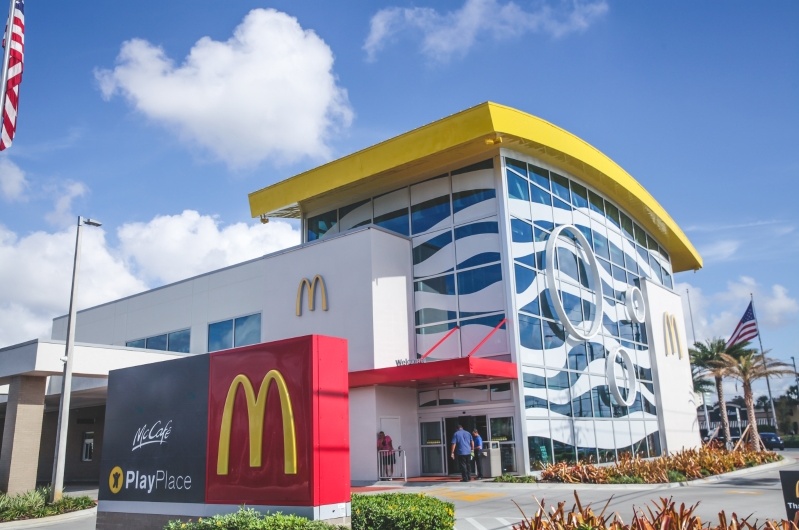With unemployment in the UK at its peak of 17 years and many difficult companies, urban centers like Rochdale and Greater Manchester have become a battleground between deprivation and regeneration plans.
When McDonald’s announced its departure from downtown Rochdale, some residents said it was the “last nail in the coffin” for an industrial city that had experienced a boom that had suffered years of hardship and closings.
“It’s a bad sign because McDonald’s is around the world,” says Lorraine Mosoph, who works at her daughter’s mobile food stand.
Rochdale is the tenth most private district in England. This is reflected in the government’s deprivation rates in 2010, which take into account factors such as employment, income, health, and housing.
The community is also the subject of multi-million dollar regeneration projects aimed at attracting jobs, business and investment.
The main focus on budget
Steve Irving, 57, a 25-year-old taxi driver in the city, believes he has “lost his identity” after closing cotton factories in the past 40 years and was badly affected by the recession. We were aware regarding the department stores were having issues all over the nation because they seemed to be the first to close in Rochdale, he said.

Although Yorkshire Street is Rochdale’s main shopping street, eight charities are within walking distance, and lenders also dominate.
McDonald’s is also across the street from the usual lunch breaks. However, a sign on the door announced his impending departure.
“We would like to thank our customers for their habit for the past 28 years,” he said, guiding customers to his last two Rochdale locations, which are located in commercial areas.
The network said it made the decision “after the center’s business models changed.” In certain parts of the city, including the Exchange Mall, a lot was happening. Ryan Horsfield, 34, who works at the Carpet Gallery, said there isn’t much to attract people.